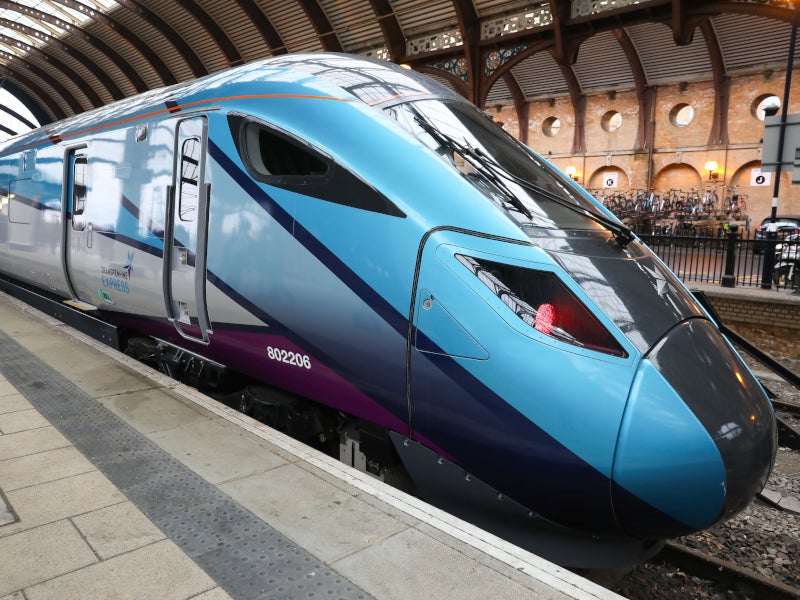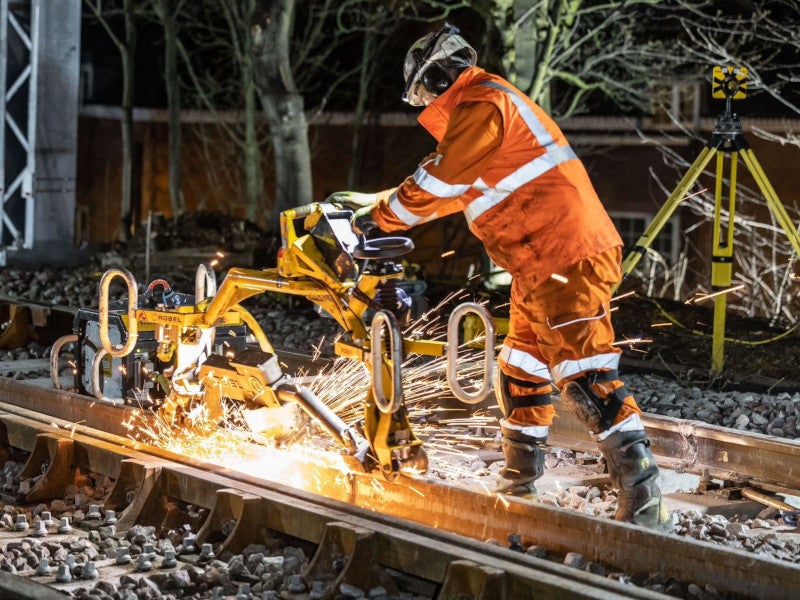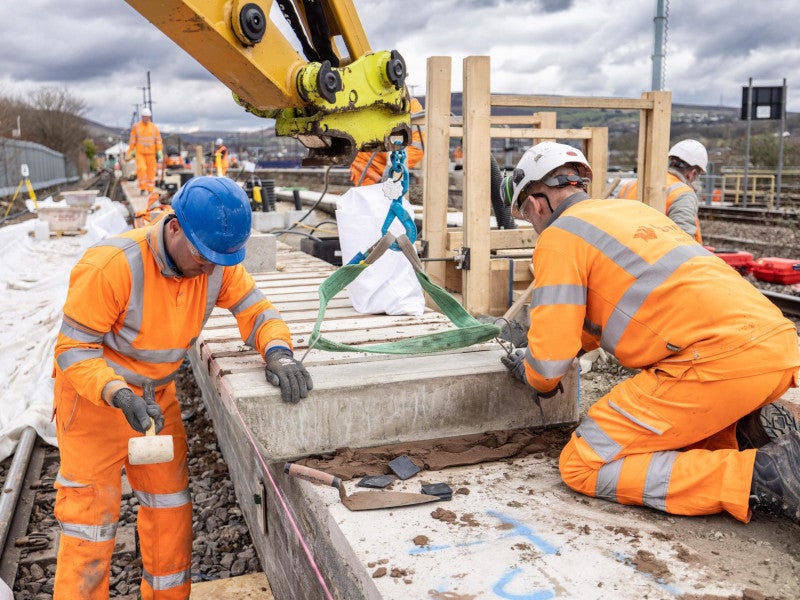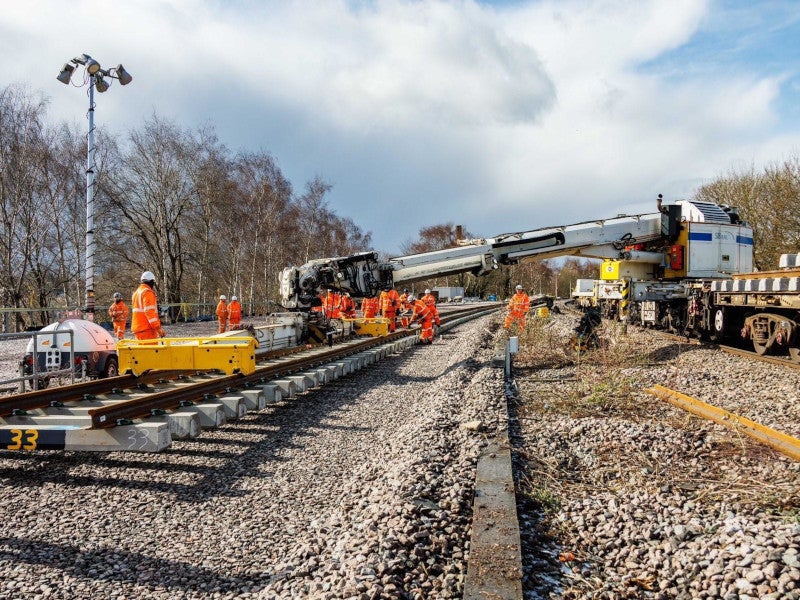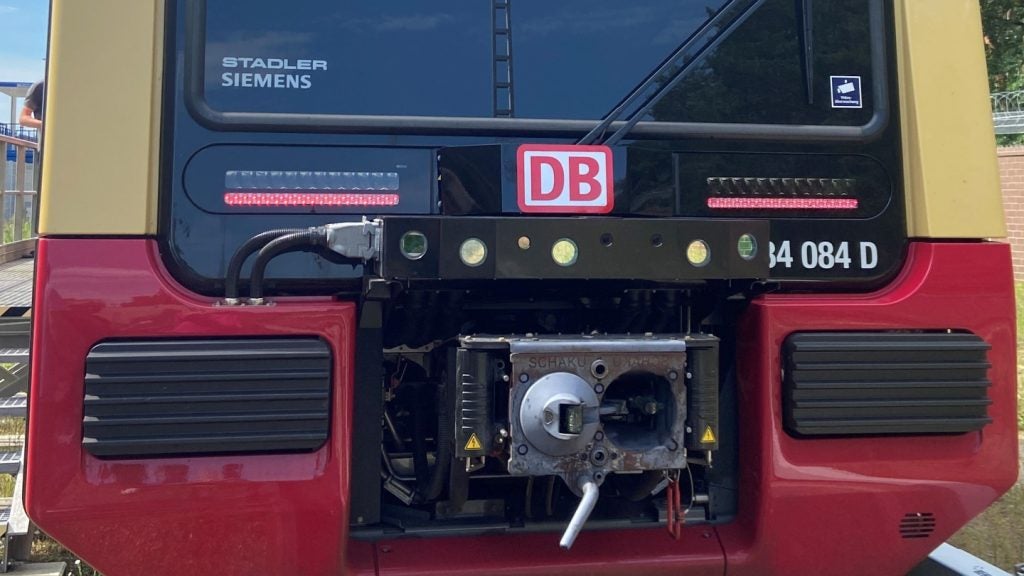The Transpennine route upgrade (TRU) will transform train services along the Transpennine main line in the UK. It is one of the biggest investments to be made in the region and will improve the performance and reliability of the Transpennine line to enable more frequent, faster and sustainable train journeys.
Announced in 2017, the TRU project is being developed by Network Rail, a railway infrastructure owner and operator based in the UK. It is being undertaken with an estimated investment of £11.5bn ($14.6bn).
The main components of the project are anticipated to be completed between 2030 and 2033, while the entire project is expected to be completed by 2041.
Project background
The 122km Transpennine railway line operates between Manchester and York, passing through Huddersfield and Leeds. It serves 23 stations and traverses over 29 level crossings, 9.65km of tunnels, and 285 bridges and viaducts.
The line provides a direct connection between Manchester and Leeds, while linking smaller towns and areas along the route. It is, however, often overcrowded and subject to frequent cancellations and delays, forcing passengers to opt for road travel.
An upgrade of the line was considered the best solution to resolve the issues and increase the line’s reliability and passenger capacity.
Transpennine route upgrade details
The Transpennine route upgrade is focused on sections of the Transpennine line including Manchester to Stalybridge, Stalybridge to Huddersfield, Huddersfield to Leeds and Leeds to York.
The project will double the number of tracks from two to four across the most congested sections of the line between Huddersfield and Ravensthorpe, enabling faster trains to overtake slower trains to ensure more regular services. The entire line will be electrified and installed with new signalling systems.
The existing tracks in other sections will also be modernised to meet the current operating standards and accommodate newer carriages. The TRU project will enable more eco-friendly electric and hybrid NOVA trains to travel at up to 200km/h (125mph) speed.
Station accessibility will be improved by performing significant renovations to the stations at Batley, Cross Gates, Deighton, Dewsbury, Garforth, Greenfield, Huddersfield, Marsden, Mirfield, Morley, Ravensthorpe and Slaithwaite.
The renovations will include the construction of new platforms and the improvement of amenities and passenger accessibility.
In addition, three private railway crossings within the Church Fenton areas will be replaced with a safer alternative.
Construction details
Renovation of the Grade I-listed Huddersfield station was started in November 2023. Significant track renovations were undertaken along the Transpennine route between September and October 2023.
Improvements at Morley station, including construction of new platforms and a footbridge, were completed in June 2023.
Another key milestone was reached in April 2023 with the completion of improvement works at Stalybridge station. It included comprehensive reconstruction of the Stalybridge West junction, the installation of more than 2km of new track and 23 new signals, the modernisation of 13 crossings and the installation of new overhead line equipment.
Financing
The UK government announced £3.9bn ($4.9bn) in funding for the TRU project in December 2023, increasing the total funding provided by the government to £6.9bn ($8.76bn).
Transpennine route upgrade benefits
The TRU project will reduce the travel times between Manchester and York to approximately one hour, and between Manchester and Leeds to approximately 40 minutes. The electrified services on the route will help in reducing carbon emissions by 87,000t per year.
The project will improve connectivity for more than 400,000 people to major urban centres across the northern part of the UK, along with the Northern Powerhouse Rail and High Speed 2 (HS2) railway projects.
Contractors involved
Network Rail awarded contracts for the Transpennine route between York and Manchester to two alliances.
The TRU West Alliance, comprising Network Rail, Amey, Siemens, BAM and Arup was awarded the contract to perform electrification works west of Leeds and improvements to the railroad’s tracks, civils and systems.
Amey is an infrastructure maintenance and consulting services provider, Siemens is a transportation solutions provider, BAM is a construction company and Arup is a consulting services provider.
The second alliance, consisting of Siemens, Murphy, VolkerRail, Systra and Network Rail was contracted in October 2014 to perform upgrades on the York and Leeds section.
VolkerRail is a railway infrastructure contractor based in the UK, while Systra is an engineering and consulting group and Murphy is an engineering and construction company.
Tony Gee, AHR Architects, COWI, Bentley Systems, Jacobs, and Atkins are among the other contractors and strategic supply chain partners involved in the Transpennine route upgrade project.

